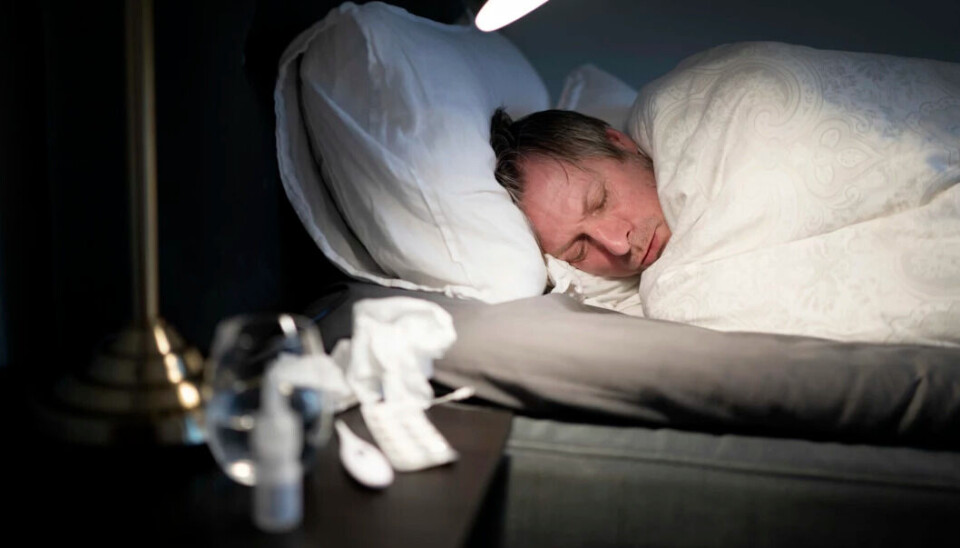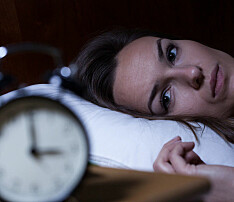
Too little and poor sleep can increase your risk of infection
A new Norwegian study suggests that good sleep hygiene – enough and good sleep – makes you less vulnerable to infections. It's important not to sleep too little – or too much.
The study from the research group SMIL at the University of Bergen has received international attention after it was recently published in Frontiers in Psychiatry.
A total of 1,848 people were recruited from waiting rooms at Norwegian GPs and asked about their sleep quality, amount of sleep and infections.
It is already known that having an infection makes you sleep worse and more.
“But these results also show that it goes the other way. Sleep affects our immune system. We think so because there is a connection between chronic sleep problems and the risk of infection. This suggests that if you sleep poorly, it affects the body's ability to resist infections,” researcher Ingeborg Forthun at the Norwegian Institute of Public Health (NIPH) tells the Norwegian news agency, NTB.
She helped lead the study, which started in 2020 at the Department of Global Public Health and Primary Care.
Many are struggling
“Another thing that was a little surprising was that almost half, 48 per cent, met the criteria for insomnia. This is on par with previous surveys, but the criteria for getting a diagnosis of insomnia have become stricter. We therefore thought that the proportion with insomnia should have been lower, but instead it was high,” Forthun says.
She says it is thought-provoking that so many meet the rather strict criteria for having insomnia.
“48 per cent is far more than those who receive a sleep diagnosis from their GP. This shows that sleep problems are not recognised enough or get the attention they deserve,” she continues.
Reported infections
The researchers recruited participants from the waiting rooms, regardless of the reason for the doctor's visits. The participants were sent a form with questions about their sleeping habits and whether they have had any infections in the last three months.
Those who reported that they used to sleep less than six hours per night had a 27 per cent higher risk of having an infection compared to those who slept seven to eight hours. Participants who reported sleeping nine hours or more had a 44 per cent higher risk of having an infection.
Amongst those who slept less than six hours or had chronic sleep problems, there was also an increased risk that they had needed antibiotics.
The way forward
But what should you do if you never manage to get more than a maximum of six hours of sleep, or if you always feel tired and feel like you could sleep around the clock?
“Many worries can contribute to people having sleep problems in the first place. Sleep is governed by an internal clock. The need for sleep is built up throughout the day, based on habits and behaviour. It can therefore help to take measures such as going to bed and getting up at the same time every day, putting away screens well before bedtime, and avoiding caffeine late in the day,” Forthun says.
She recommends following such sleep hygiene advice and to seek guidance from your GP. What doesn’t help at all is to lie down and worry that your sleep problems increase the risk of infections.
“We need increased awareness both in the population and amongst healthcare personnel about the importance of sleep. Sleep is not only important for general well-being, but for the patients' health,” Forthun says.
———
Translated by Alette Bjordal Gjellesvik.
Read the Norwegian version of this article on forskning.no



































